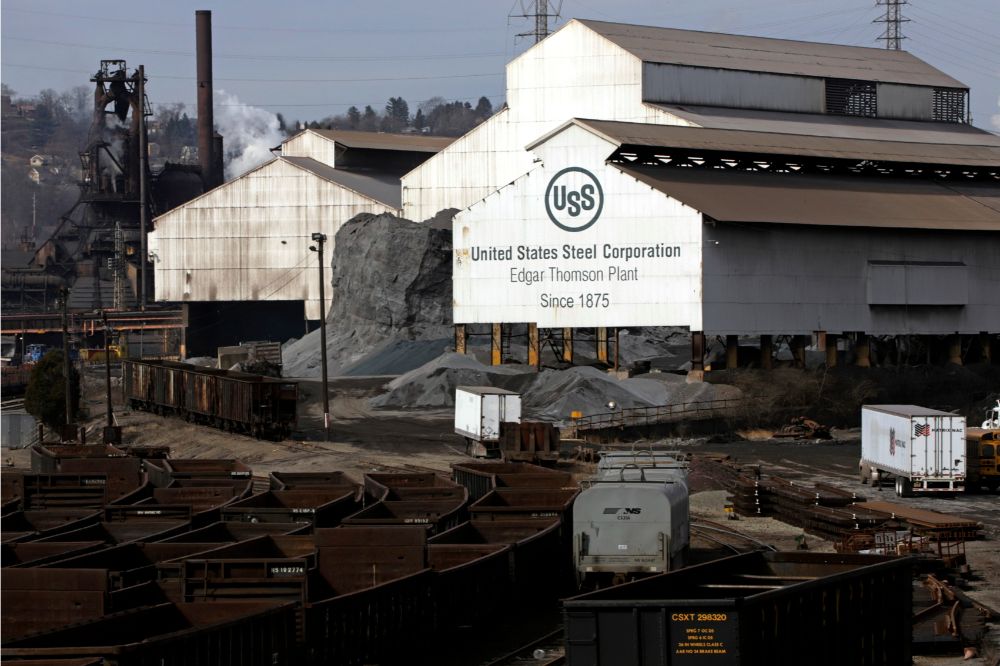In a groundbreaking development, Nippon Steel, one of the world’s steel industry giants, is set to acquire US Steel, creating one of the largest steel conglomerates globally, excluding China. This move not only marks a pivotal moment in the history of both companies but also addresses uncertainties surrounding the future of the iconic US Steel, which has been on the lookout for a buyer since rejecting a smaller bid from a US competitor in August.

Historic Foundations:
Founded in 1901 by industrial magnates Andrew Carnegie and JP Morgan, US Steel once stood as one of the world’s largest companies, driven by America’s industrialization. However, over the decades, both US Steel and the broader US steel industry have faced challenges from cheaper foreign competitors, resulting in a decline in dominance. Today, the company employs over 22,000 people globally, with a significant workforce of more than 14,000 in the United States.
Union Concerns and Industry Dynamics:

While the Nippon acquisition has gained approval from the boards of both companies, the United Steelworkers union remains sceptical, denouncing the deal as “shortsighted.” Union President David McCall expressed disappointment, emphasising the importance of keeping the iconic American company domestically owned. The union plans to scrutinise the transaction’s impact on national security and worker welfare, leveraging its influential position, previously instrumental in shaping trade policies during the Trump era.
Nippon’s Strategic Vision:
Nippon Steel’s acquisition of US Steel aligns with its long-term growth strategy, aiming to bolster its presence in the United States. Recent government investments in infrastructure and electric vehicles have set the stage for anticipated growth in the US steel industry, making the acquisition strategically significant for Nippon. The Japanese company has assured the retention of US Steel’s name, brand, and headquarters in Pittsburgh, emphasising continuity and stability.

Deal Dynamics:
Under the terms of the deal, Nippon has committed to pay $55 per share and absorb US Steel’s debt, resulting in a transaction valued at $14.9 billion. This offer, more than double the initial share price when the review began, surpasses a previous $7 billion bid from US-based Cleveland Cliffs. Despite concerns raised by the union, US Steel’s leadership, including Chief David Burritt, sees the acquisition as mutually beneficial, ensuring competitiveness in the domestic steel industry while strengthening global presence.
Industry Impact and Regulatory Scrutiny:
Analysts predict that Nippon’s entry into the US steel industry could enhance competitiveness but may also lead to eventual workforce adjustments. While the government is likely to review the transaction, the high price agreed upon makes it less likely for regulatory intervention. The deal is expected to be completed in the second or third quarter of the coming year, pending approval from shareholders and regulators.

As the global steel industry witnesses this historic acquisition, questions about the future trajectory of both Nippon Steel and US Steel linger. The union’s resistance, industry dynamics, and potential regulatory scrutiny add layers of complexity to this transformative deal. Only time will reveal whether this strategic move will prove visionary or face challenges in reshaping the landscape of the steel industry, not just in the United States but on a global scale.
